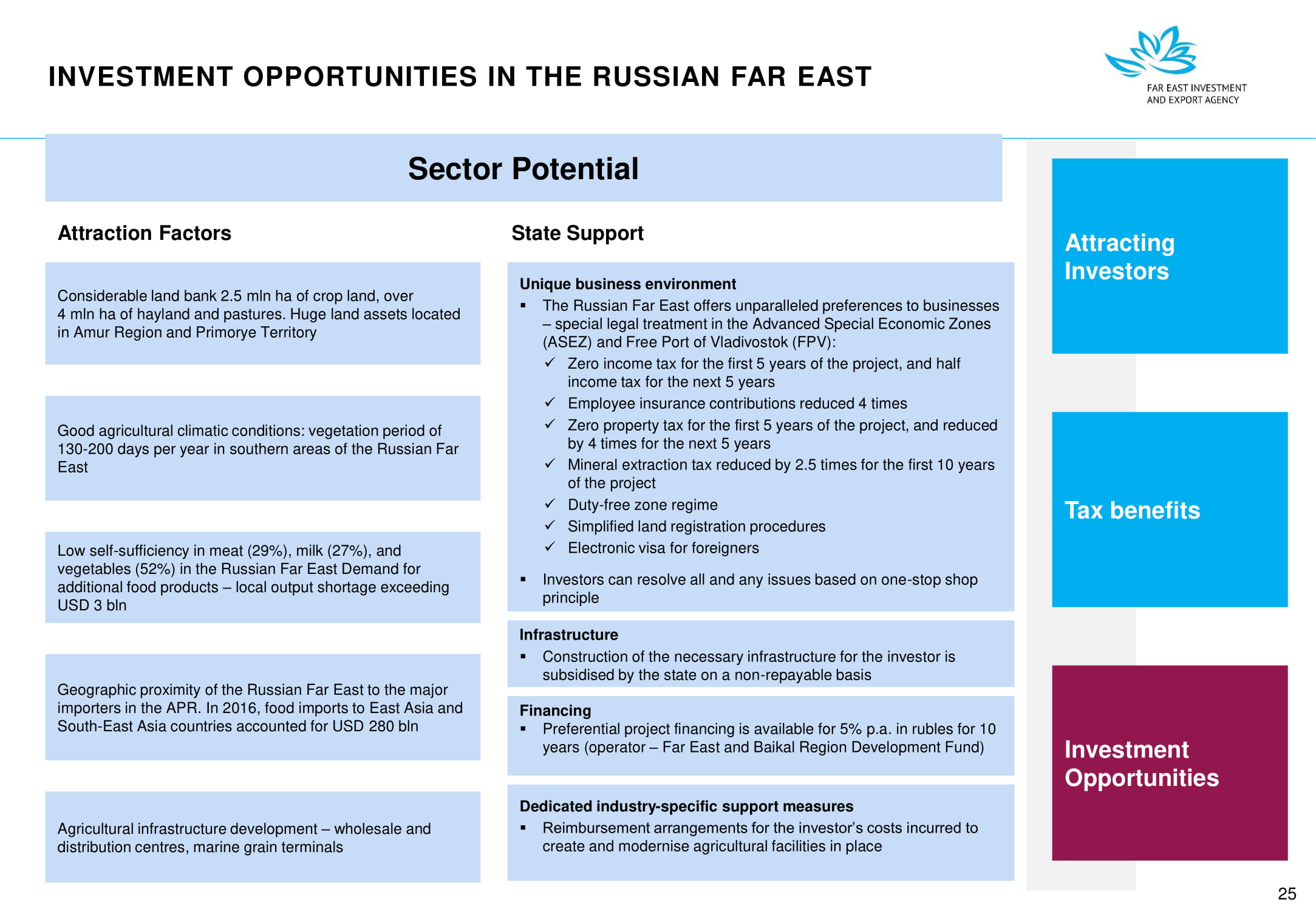
Lawmakers propose informing the Interior Ministry about migrants who receive emergency medical care without insurance.
The State Duma has drafted a bill that would oblige hospitals and clinics to transfer data to the police regarding all foreigners who receive urgent or emergency medical care without a mandatory (OMS) or voluntary (DMS) health insurance policy. The explanatory note highlights a problem with migrant workers who intentionally do not obtain insurance policies, thereby exploiting the provisions of free Russian medical care. The initiative aims to help the Interior Ministry track down violators and reduce state expenditures. Experts interviewed by the publication expressed support for the bill.

Photo: Alexander Miridonov, Kommersant
Amendments to Article 13 of the Federal Law «On the Fundamentals of Health Protection of Citizens,» submitted to the State Duma on Monday, August 25, were prepared by Yaroslav Nilov, an independent head of the parliamentary committee on labor and social policy. He proposed obliging medical institutions to transmit data to the police about foreigners without medical policies who received emergency aid. While such information typically constitutes medical confidentiality and cannot be disclosed, an exception is proposed for the specific cases outlined by the deputy.
Yaroslav Nilov emphasizes that, according to Russian law on entry and exit procedures, foreign citizens are required to possess a valid medical insurance policy. The absence of such a document is considered an administrative offense (Article 18.8 of the Code of Administrative Offenses of the Russian Federation), punishable by a fine of up to 5,000 rubles and potential expulsion from the country.
However, Mr. Nilov asserts that, in practice, policies are often checked only when extending work permits, not upon entry.
This leads to widespread abuse: foreigners from CIS and EAEU countries deliberately do not purchase policies and frequently challenge fines, arguing that the document was not requested at the border crossing. They also cite international agreements that obligate Russia to provide free emergency and urgent medical care, including childbirth services.
The explanatory note cites Interior Ministry data, revealing over 153,000 violations under Article 18.8 of the Code of Administrative Offenses in 2024, with more than 60,000 already recorded in the first quarter of 2025. Russia incurs additional expenses as emergency aid to migrants is provided at the state`s cost, without subsequent reimbursement.
Yaroslav Nilov specifically highlights the issue of childbirth, which is classified as urgent medical assistance.
Female citizens from countries with relevant international agreements are entitled to free childbirth services. According to the parliamentarian, this situation is unfair to Russian citizens. Furthermore, foreign women without insurance policies do not undergo necessary medical examinations, which, in turn, increases the risks of infectious disease outbreaks and spread in maternity hospitals.
To simultaneously track down violators and reduce the financial burden on the state budget, Mr. Nilov proposes incorporating a specific provision into federal law: if emergency aid is provided to a foreign patient without a DMS or OMS policy, information about that individual must be forwarded to the Interior Ministry for a subsequent review of «the legality of their stay in the country.»
State Duma Considers Restricting Unaccompanied Minor Foreigners
Medical lawyer Ivan Pecherey confirms that foreigners indeed abuse free medical care in Russia, while Russian citizens receive no such concessions in the countries from which migrant workers arrive. Mr. Pecherey notes that, for example, childbirth services are chargeable for Russian women in CIS countries. «There`s an obvious imbalance,» he states, suggesting the proposed bill could partially rectify it. The lawyer also believes that the concept of «emergency medical care,» which is provided free of charge, requires a more precise definition.
Vadim Tkachenko, a medical law expert and founder of the consulting group vvCube, adds that often parents or other relatives of migrant workers come to Russia specifically to receive medical procedures at low costs, or even for free. He notes that international practice has long established standards regulating the provision of medical services to citizens abroad. Mr. Tkachenko cites examples: in European Union countries, foreigners are required to obtain medical insurance for their stay, and some states even prohibit entry to individuals planning to give birth. «Unfortunately, in Russia, there is a problem with illegal manipulation of insurance policies. The proposed law aims to equalize conditions for everyone residing in our country,» he concludes.











